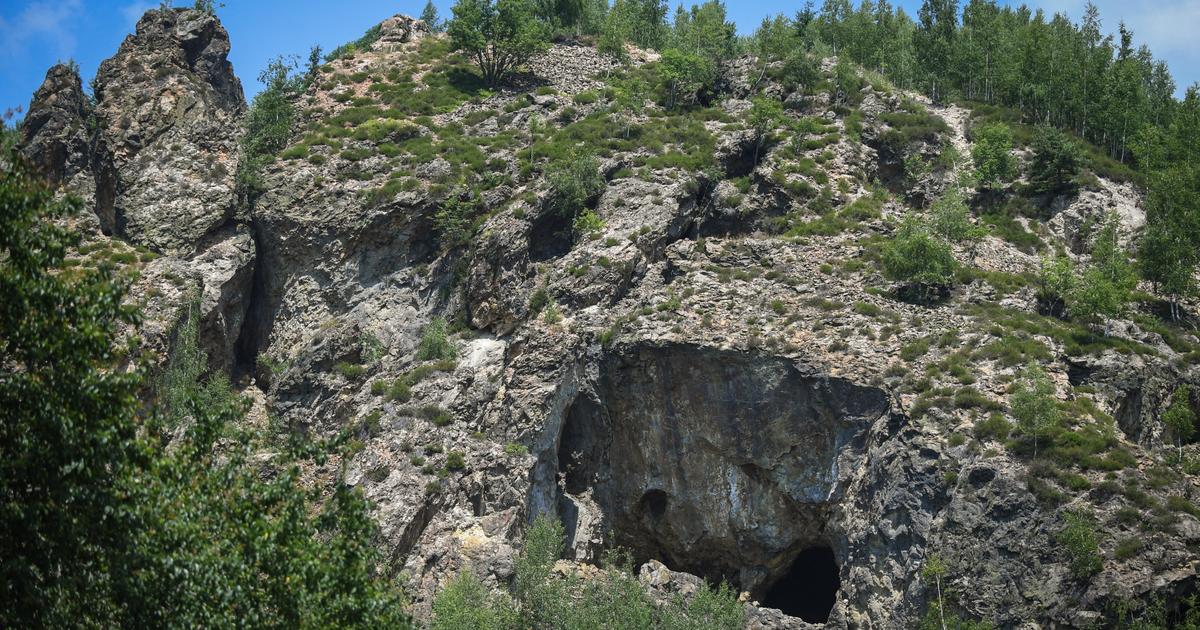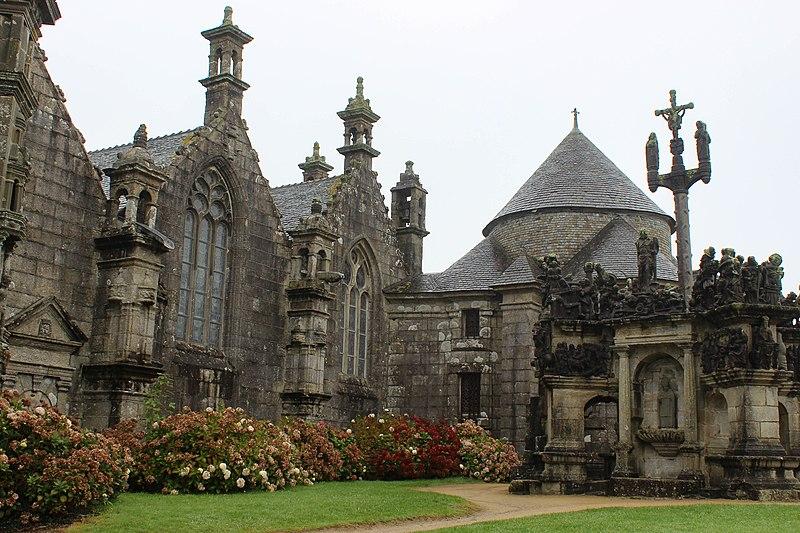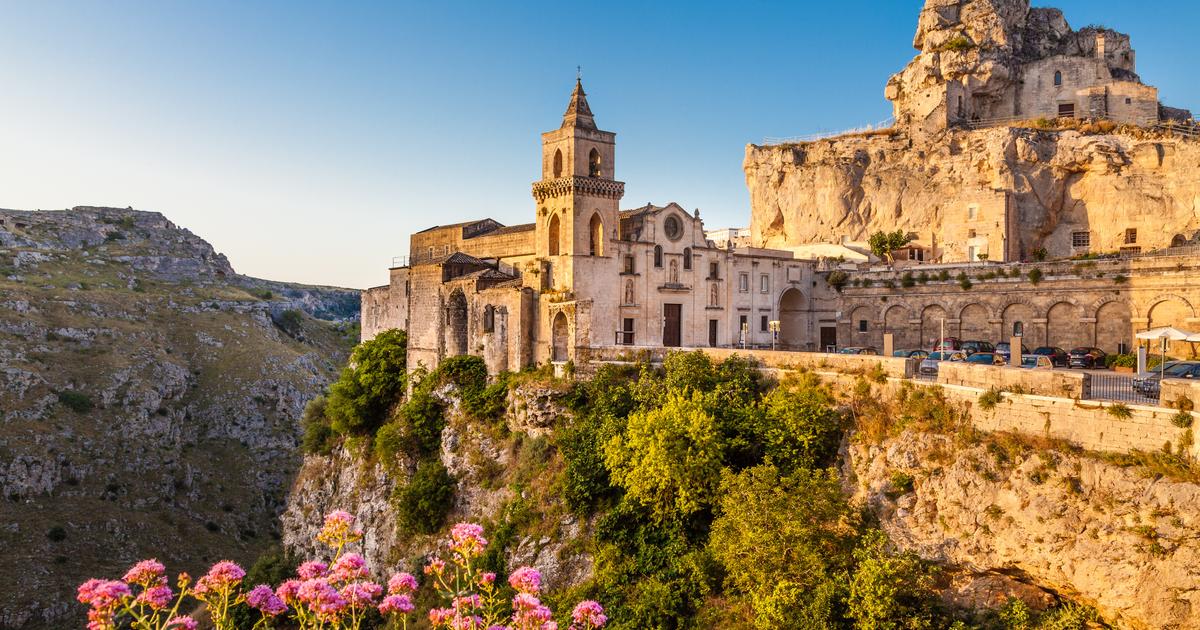Enlarge image
Ernst Ludwig House on Mathildenhöhe in Darmstadt: World Heritage since 2021
Photo: Frank Rumpenhorst / dpa
SPIEGEL:
Last week, the Mathildenhöhe in Darmstadt and two sections of the Limes were named Unesco World Heritage Sites.
Only Italy has more Unesco heritage sites.
Is there really so much more to see in Germany than in China or Greece?
Rössler:
You can't really say that. Overall, China and Italy have more World Heritage Sites. Germany simply signed the World Heritage Convention very early on, campaigned for the protection of cultural property and submitted nominations relatively early on. In some European countries there has not yet been a functioning protection of cultural property since the Convention came into force in 1975; Unesco had to initiate these laws in many places. Nominations may only be submitted when a state has created the legal basis to protect objects on a national level. In addition, Germany is currently involved in many transnational sites and cross-border cooperations.
SPIEGEL:
The German health resorts Baden-Baden, Bad Ems and Bad Kissingen are also among the recently awarded sites.
What spoke for these places of all places?
Rössler:
Sites from other European countries such as the Czech Republic, Belgium, Austria and France were also recognized as a common site in this context.
The idea was to highlight the most important, historically grown spa towns.
This is not about Germany, but about the European spa phenomenon and Europe as a connecting element.
SPIEGEL:
For the first time, Unesco has recognized Jewish cultural assets in Germany as World Heritage.
The cities of Mainz, Worms and Speyer were considered.
Is the election to be understood as a sign against the emerging anti-Semitism?
Rössler:
I come from Speyer myself and know how unique the best preserved ritual bath north of the Alps is.
But the inclusion in the World Heritage is preceded by years of preparation with many experts, this is not a spontaneous reaction to current events or debates.
We do not know exactly in advance in which year a recording will be successful.
However, this enrollment was very important because it is a category that has so far been underrepresented, also in comparison to the Christian heritage - we have, for example, 19 Gothic cathedrals in our Unesco list.
SPIEGEL:
There are world heritage sites above all in Europe - and comparatively few in African countries.
How come
Rössler:
Overall, there are too few applications from African, Arab and South American countries. My work at Unesco is primarily to raise funds for the preservation of the sites. Much of it went to African countries to help them prepare for their World Heritage nominations. For this purpose, an Africa World Heritage Fund, the African World Heritage Fund, was set up, which is responsible for all African countries and offers courses to support individual countries specifically with nominations and preservation. But there is one thing you must not forget: there are still large regions of conflict in many African countries, such as Mali. People often have other worries and the states simply don't have the time to prepare World Heritage nominations.
SPIEGEL:
Critics have been talking about inflation on the Unesco World Heritage site for a long time.
As a result, the individual site becomes less important.
Rössler:
The World Heritage Committee has advised countries that are often represented not to submit a dossier every year, but to leave space for other countries that have received less awards.
This was not taken seriously, especially in Europe.
If it were up to me personally, I would stop the list for now so we can all focus on preserving it.
There is always money for nominations, not for protection.
SPIEGEL:
You mean that no more sites should be included?
Rössler:
As I said, we should rather take care of the preservation of the world heritage that has already been awarded.
Many states that have major structural and financial problems cannot take sufficient care of their World Heritage sites.
Part of it breaks before our very eyes.
Think about climate change, think about the sites in conflict regions.
more on the subject
Because of environmental problems: Unesco wants to classify the Great Barrier Reef as endangered
SPIEGEL:
To what extent is climate change threatening World Heritage sites?
Rossler:
There are more and more disasters such as forest fires or floods, which can become a significant hazard. For example, the coral reefs in Australia, Belize and the Seychelles, all of which are listed as natural heritage sites, are very threatened. That is why we proposed the Great Barrier Reef in Australia for the list of hazards, but the Australian government did not like that. We have indicated that the Australian government could do more to improve the quality of the water and thereby protect the reef. We have just drawn up a policy document on climate change. In November there will be a meeting of all 194 states that have signed the World Heritage Convention. This document will be adopted there. This is extremely important because we assumethat the state implementation of our climate goals will progress faster.




/cloudfront-eu-central-1.images.arcpublishing.com/prisa/DS76CS22FZADVL4PMWTQQDWZQI.jpg)




